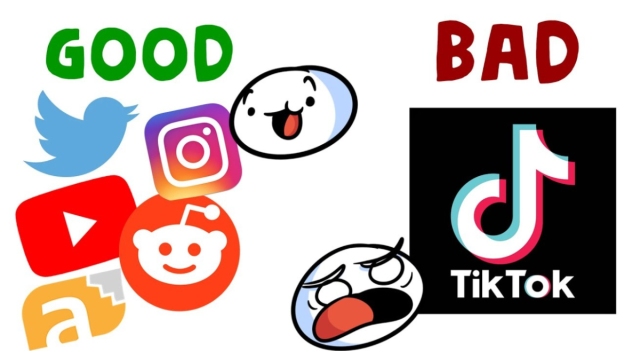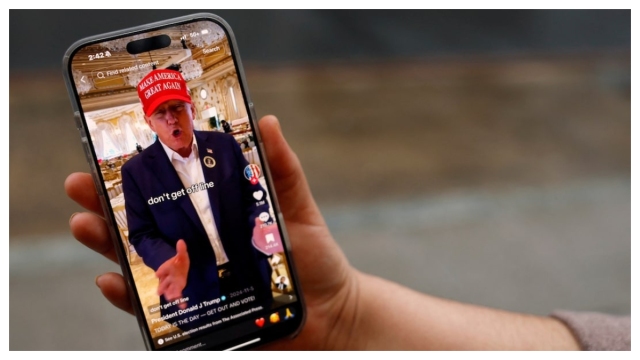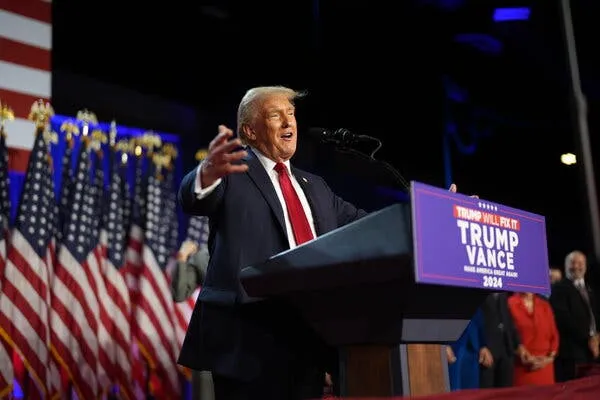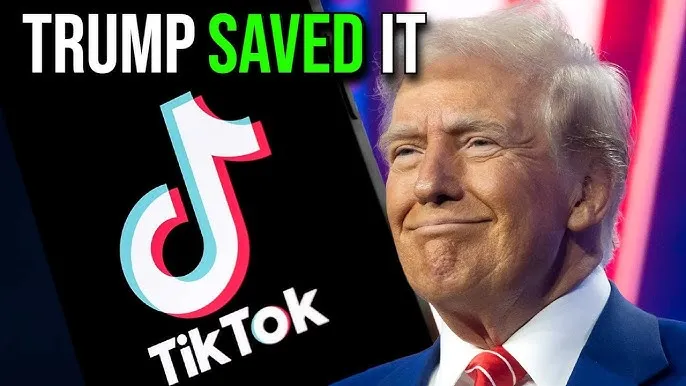Why Did TikTok Shut Down and Reopen in the U.S.?
TikTok’s recent shutdown and subsequent reopening in the U.S. has raised questions about the app’s future and its complex relationship with politics, law, and international relations. The app went offline following a federal law requiring its Chinese parent company, ByteDance, to divest its U.S. operations or face a ban. Within hours, TikTok was back online after President Trump announced plans to extend the compliance deadline. This article delves into the reasons behind TikTok’s shutdown, its reopening, and what lies ahead for the popular platform.
1. The Brief Shutdown: A Result of Federal Law
TikTok’s temporary shutdown in the U.S. stemmed from legislation mandating that ByteDance sell its U.S. operations by January 19, 2025. Lawmakers cited concerns over national security, alleging that the Chinese government could access TikTok’s vast user data or manipulate its algorithm to spread propaganda.
The law prohibited companies like Apple, Google, and Oracle from hosting or supporting TikTok if ByteDance failed to comply. Anticipating penalties, TikTok pulled the plug late Saturday, leaving 170 million American users without access. Users were met with a message stating, “A law banning TikTok has been enacted in the U.S.”
2. Trump’s Intervention: A Temporary Solution
TikTok’s swift return was due to President Trump’s intervention. Trump announced plans to issue an executive order extending the compliance deadline, granting ByteDance additional time to divest its U.S. operations. This extension provided clarity and reassurance to TikTok’s service providers, allowing the app to resume operations.
In a statement, TikTok thanked Trump for his efforts, emphasizing his assurance that companies facilitating the app’s operations would face no penalties. This move not only restored access for millions of users but also signaled Trump’s willingness to explore a long-term solution for TikTok’s continued presence in the U.S.
3. Legal and Political Implications
The legal landscape surrounding TikTok remains contentious. While the law permits extensions under specific conditions—such as progress toward divestiture—Republican lawmakers have argued that the app should remain offline until ByteDance severs all ties with the Chinese government.
ByteDance has maintained that it is not an agent of the Chinese state, with TikTok CEO Shou Zi Chew reiterating the company’s independence. However, skepticism persists, particularly among lawmakers who view TikTok’s data collection practices as a potential security threat.
Trump’s proposal for a 50% U.S. ownership stake in a joint venture involving ByteDance represents a potential compromise. However, this approach faces challenges, including legal scrutiny and resistance from some members of Congress.
4. TikTok’s Cultural and Economic Impact
TikTok’s shutdown highlighted its cultural and economic importance in the U.S. The app serves as a platform for creativity, connection, and entrepreneurship, with over seven million small businesses relying on it for marketing and engagement. Influencers and creators also depend on TikTok for their livelihoods, making the app’s temporary unavailability a significant disruption.
The incident underscored the app’s vulnerability to political decisions, sparking broader discussions about digital freedom and the role of technology in geopolitics. Many users expressed relief and gratitude when TikTok resumed operations, but concerns about its long-term stability remain.
5. The Road Ahead: Challenges and Uncertainty
Despite its reopening, TikTok’s future in the U.S. is far from secure. ByteDance must navigate complex negotiations to divest its U.S. operations while complying with strict legal requirements. Meanwhile, political opposition to any extensions or compromises continues to grow.
China’s stance on the matter adds another layer of complexity. While the Chinese government has opposed a forced sale of TikTok, recent reports suggest a potential willingness to engage in negotiations. Speculation about Elon Musk’s involvement as a potential buyer has also emerged, though ByteDance has dismissed these claims as unfounded.
For TikTok to achieve long-term stability, a permanent resolution—either through a sale or legislative action—will be necessary. Until then, the app’s fate will remain uncertain, subject to the shifting dynamics of politics and international relations.
Related articles:
TikTok is Back Online in the US: What Happened and What’s Next?
Trump Will Give TikTok 90 Days Extension to Avoid a Ban
Everything Trump Has Said About the TikTok Ban and Its Future
Conclusion
TikTok’s brief shutdown and reopening in the U.S. reflect the intricate interplay of technology, politics, and global relations. While President Trump’s intervention provided a temporary reprieve, the app’s long-term future hinges on ByteDance’s ability to comply with U.S. laws and address national security concerns.
As TikTok continues to navigate these challenges, its significance as a cultural and economic powerhouse underscores the need for a balanced approach that safeguards both security and digital freedom. For now, the app remains online, but the story of why TikTok shut down and reopened serves as a reminder of the far-reaching implications of technology in today’s interconnected world.
Maybe you are interested:

Is TikTok Good or Bad? Exploring the Pros and Cons

TikTok is Back Online in the US: What Happened and What’s Next?






